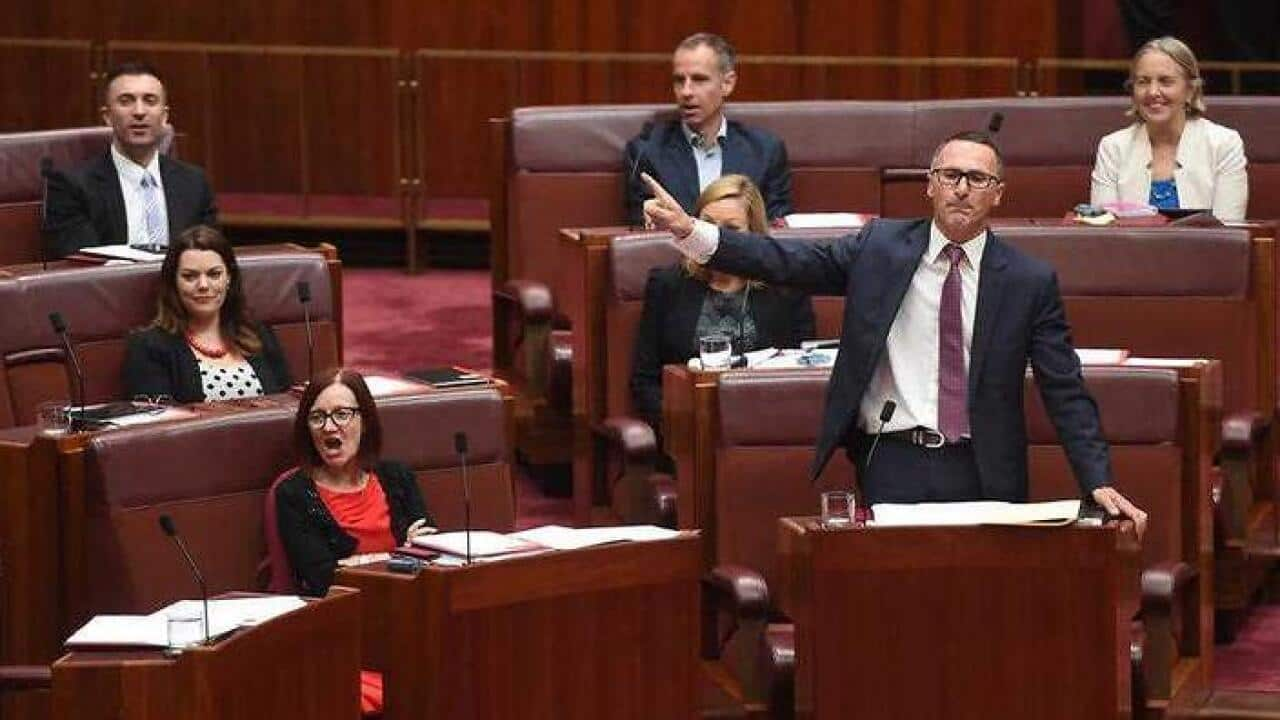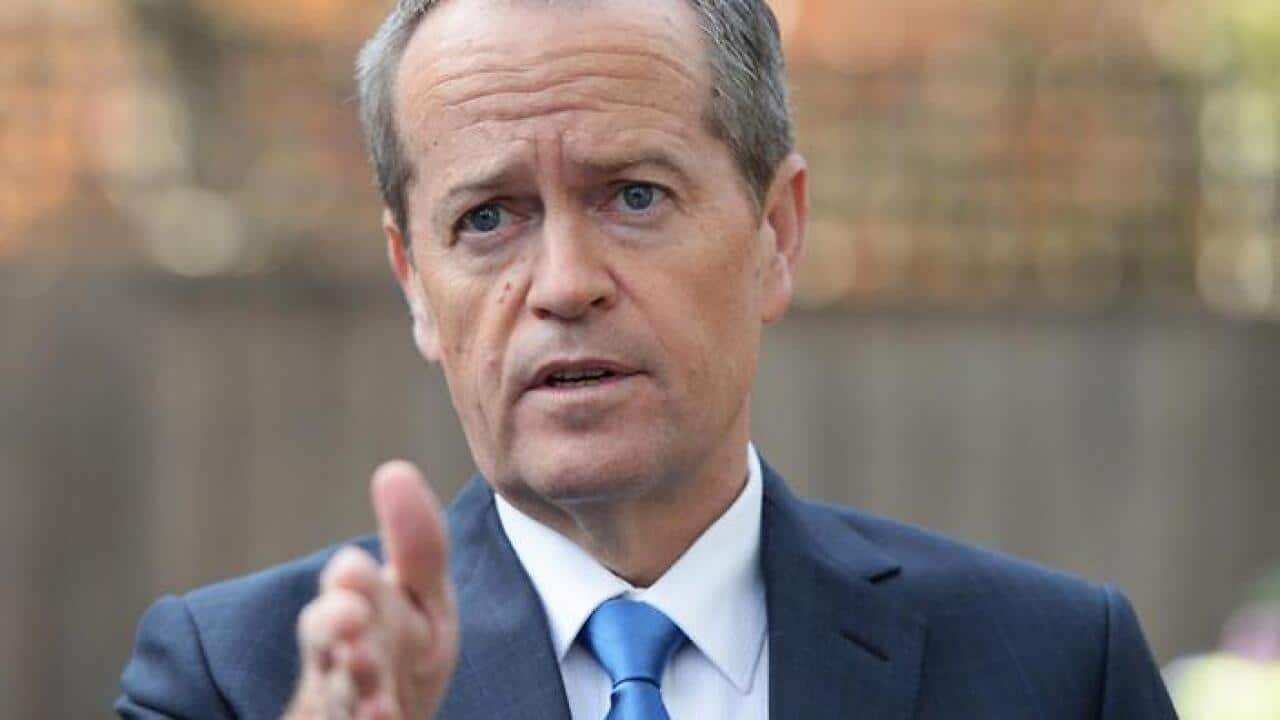They’ve both led Victoria as Premiers, one winning office from the other. They sit on opposite sides of the political fence and both think the election will be a closely contested one.
“I think whoever wins the election will win it with a small majority, which therefore means they won’t have the moral authority to do what they might want to do,” the 43rd Premier of Victoria, Jeff Kennett predicted.
“I think the great sadness for this might therefore be, that Australia is heading for another three years of political vacillation where, in fact, the issues of the day are not being addressed.”
As we sat to discuss the election campaign, now past the halfway mark, Mr Kennett said the longer the campaign, the less interested the voters, and he felt that would be a problem for the government.
“Every day of this election campaign at the moment, is still being marked by expenditure, in order to secure votes - expenditure we can’t afford,” he said.
Can the PM hold on?
Mr Kennett didn’t approve of the transition from Tony Abbott to Malcolm Turnbull back in September. In fact, he still doesn’t, but he does support the Liberal leader.
“You shouldn’t be surprised," he said.
"I might not have liked the change and the way it was done - and I didn’t, I expressed that view quite clearly.
"But once it was done, then the leader has my full support. And Malcolm Turnbull has a lot of personal traits going his way.”
But – and there is a but – voters may not be getting the Malcolm Turnbull they were expecting, Mr Kennett said.
Related reading
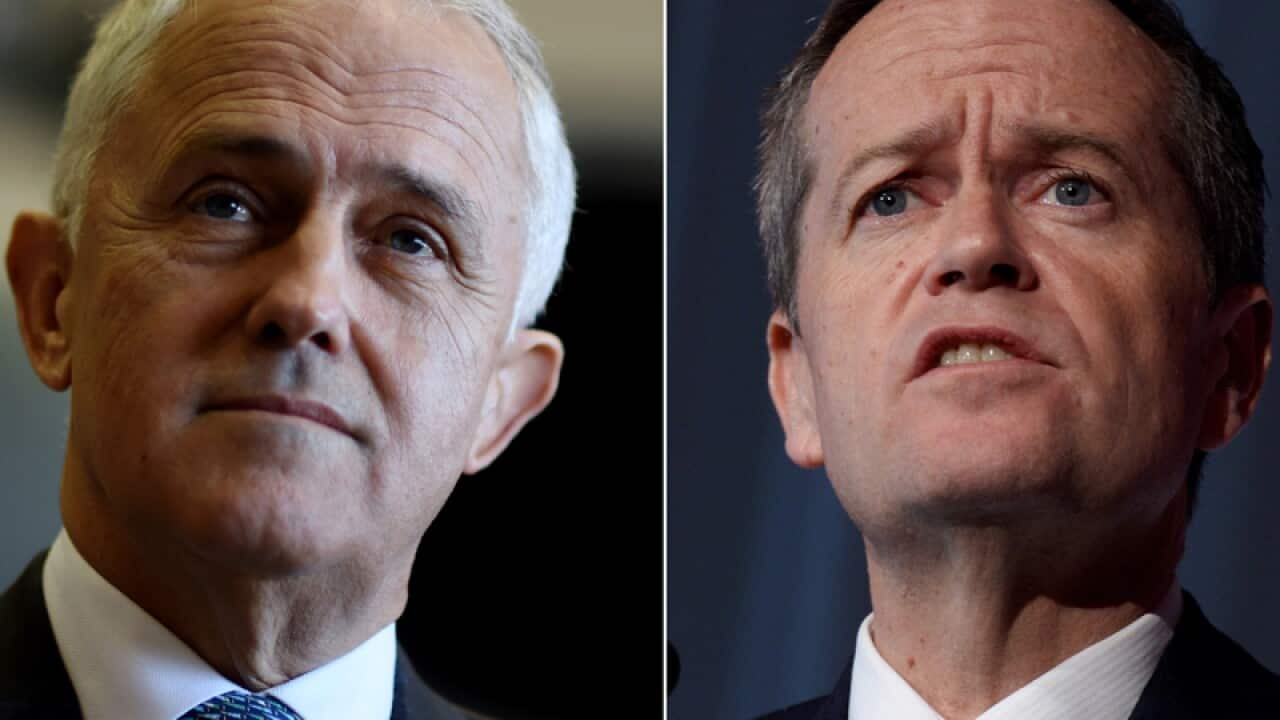
Turnbull, Shorten face-off on Facebook
“The sad thing is, I think, that so many of the things that he articulated when in government, under Tony Abbott, are not things that he’s pursuing now that he’s leader," he said.
"And that’s because he’s trying to balance the different aspects of community life and within the party.
“He got his popularity when he took over the leadership, because he not only reached out to the so-called Liberal constituency, but he reached out to many of what I would call ‘soft-Labor’, and they were optimistic that he was going to be able to deliver on the things that he’d been talking about. And to date, he hasn’t.”
The 44th Premier of Victoria – and actively campaigning for the federal Labor party this election – Steve Bracks, unsurprisingly, agrees.
He seized on the so-called shift in Mr Turnbull’s character as a reason the public will not vote Liberal this election.
“At the end of last year, there was a great sense of relief that Tony Abbott had lost the prime ministership, and that Malcolm Turnbull had taken over, and there was a sense of hope," Mr Bracks said.
"I saw it around people that I knew, who were traditional Labor supporters, who were actually almost thinking of voting for Malcolm Turnbull, because of the change that happened and the progressive views he had.
“Those same people are angry. Their hopes have been dashed, and people have seen really, a prime minister in Malcolm Turnbull, almost fold on his beliefs and fold back in to a Liberal party which is very, very conservative.”
One of Mr Turnbull’s biggest tactical blunders, according to Mr Bracks, was calling a long election campaign, which gives equal time to his opponents and challenges his incumbency.
“He’s obviously a very good advocate, a very good legal advocate, successful in business, but as a politician, he’s got a lot to learn,” he said.
The Opposition Leader surprising voters
By contrast, Bill Shorten may have surprised people, said Mr Bracks, who gave the opposition leader a tick for keeping Labor unified over the past three years, following a tumultuous two terms of Rudd-Gillard-Rudd instability.
“He deserves a tick for having a strong team, and a strong set of policies and being game enough to put those out early.”
The ALP traditionally polls well in Victoria. While in the regions the Coalition has five of the seven seats, in metropolitan Melbourne Labor has 13 seats to the Coalition’s seven and Greens one.
Related reading
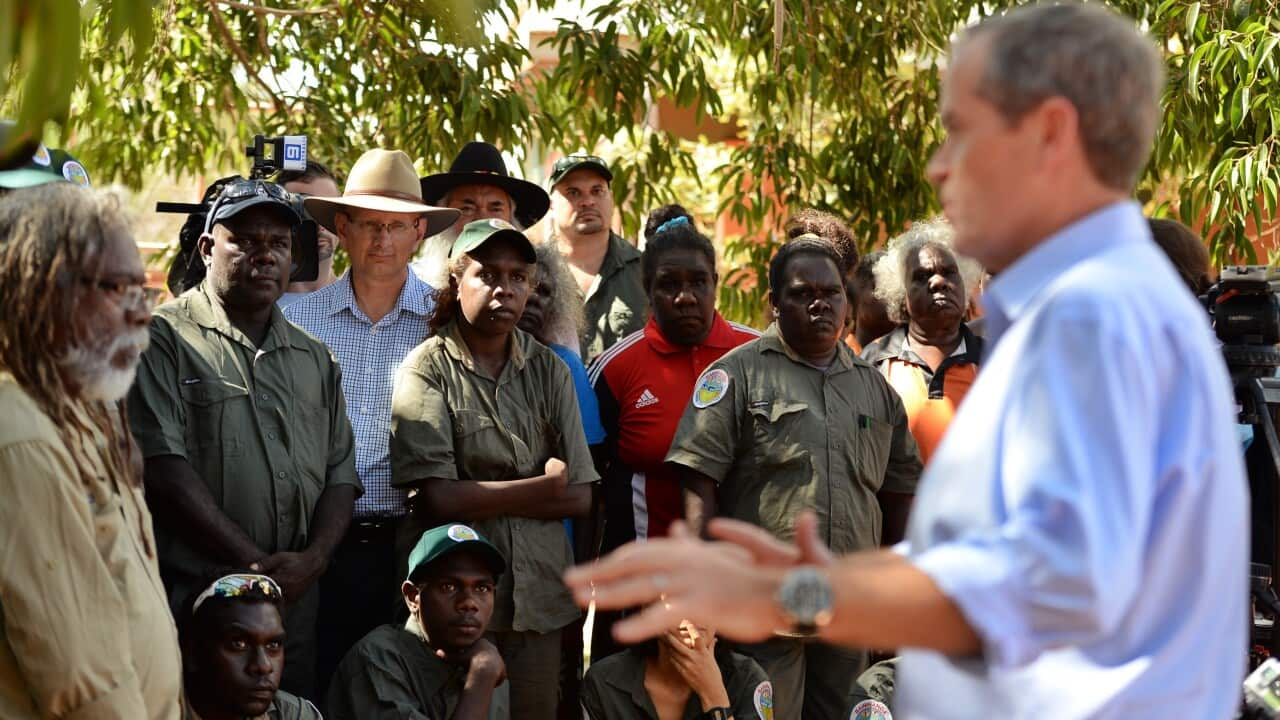
Let's start talking about treaty: Shorten
Labor is confident of holding its seats in the state, and Mr Bracks believes some may even be gained.
“There are a couple of marginal Liberal-held seats that will be quite interesting," Mr Bracks said.
"I think the one which was not expected is the seat of Dunkley, around Frankston, where the retiring member, Bruce Billson, who had some personal popularity, is now vacating the seat.
“We won that seat at the last state election which crucial in the state government forming government. So I think there’s a good chance of Dunkley. Under the Hawk and Keating governments we actually held that seat.”
Mr Bracks is also hopeful of a Labor win in La Trobe and Corangamite, which he puts down to changing demographics.
Swinging voters hold key
But those changes may not favour Labor in other seats, such as Batman, which looks the most likely to become the Greens second lower house seat, especially if preferences flow their way.
And there’s even a chance the Greens could make inroads in traditional Liberal seats.
At the last state election, the Greens won the inner Melbourne seat of Prahran from the Liberal party. Federally, Prahran sits within Kelly O’Dwyer’s electorate of Higgins.
Related reading
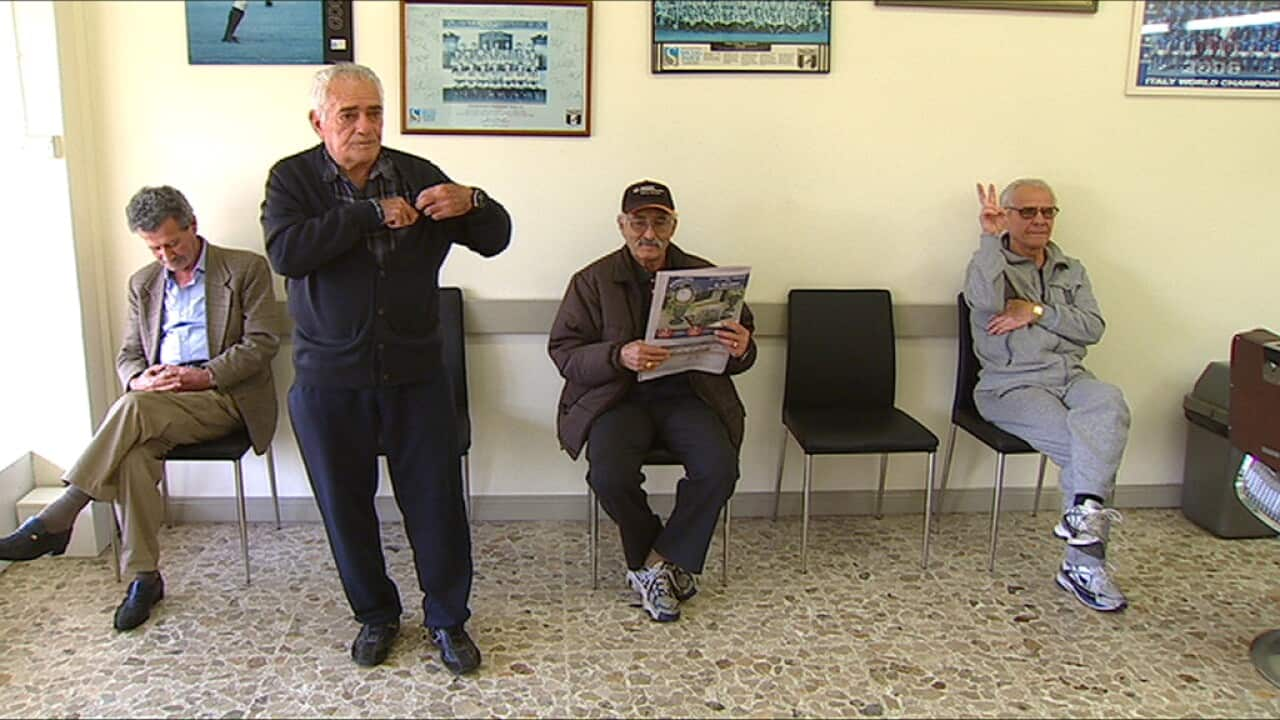
Election 2016: Can the Greens win the Vic seat of Batman?
Mr Kennett believes there is a swing away from major parties, but whether or not it’s towards the Greens, time will tell.
“I wouldn’t worry too much about traditional seats anymore, they’re changing everywhere," he said.
"The public are changing. The mix of the population is changing. The age group is changing.”
On the other hand, Mr Kennett thinks a sense of political instability and an unmanageable senate may frighten voters and favour the government.
“People will only make up their minds, 20, 30, 40 per cent of the time, in the last week," he said.
"If someone can come out with a distinctive message, a reason, to vote that way, and one of the reasons might be, we’re heading for electoral chaos.”
Mr Bracks agrees that a vote for independents or minor parties, could be construed as a protest vote, which could ultimately punish Australian politics and lead to a government that can’t govern.
“There’s a chance if it’s very, very close it could be a hung parliament.”
Share


